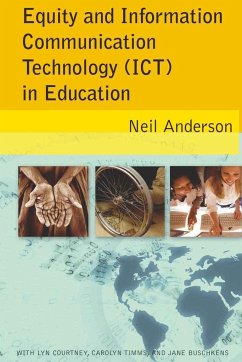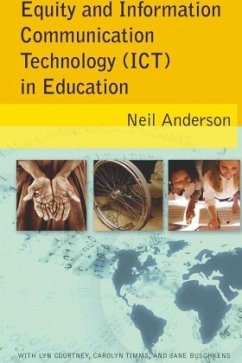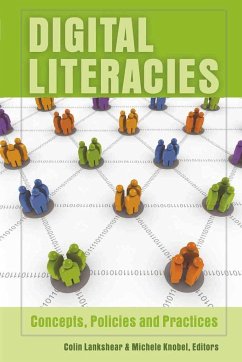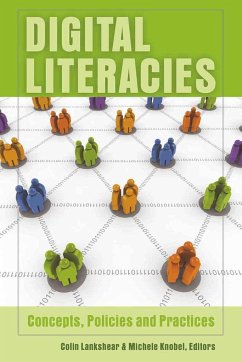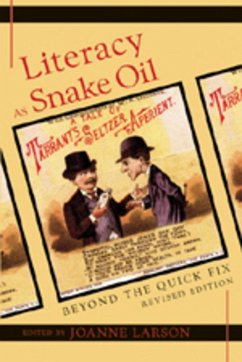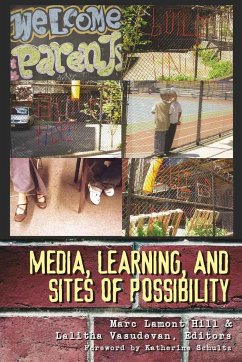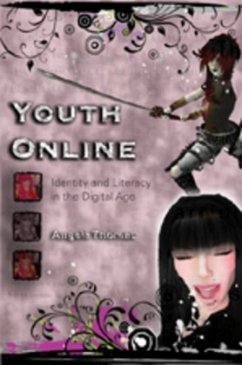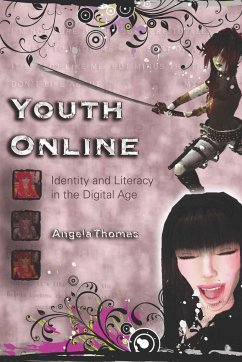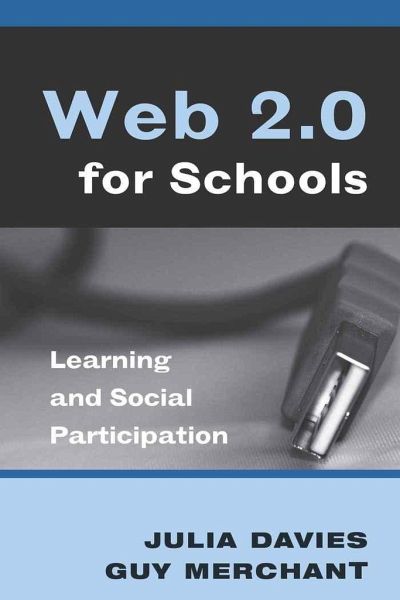
Web 2.0 for Schools
Learning and Social Participation
Versandkostenfrei!
Versandfertig in 6-10 Tagen
40,50 €
inkl. MwSt.

PAYBACK Punkte
0 °P sammeln!
In the last five years, Web 2.0 applications - vast virtual worlds, multiplayer online games, social networking, and file sharing among them - have inspired new notions of what it might mean to be literate in the twenty-first century. While previous scholarship on Web 2.0 has focused on its social and recreational uses, this book explores its ability to enrich and transform the educational experience of children and young people. It discusses the opportunities and risks presented by this large-scale shift in popular engagement with new media, and uses illustrative vignettes to document the wor...
In the last five years, Web 2.0 applications - vast virtual worlds, multiplayer online games, social networking, and file sharing among them - have inspired new notions of what it might mean to be literate in the twenty-first century. While previous scholarship on Web 2.0 has focused on its social and recreational uses, this book explores its ability to enrich and transform the educational experience of children and young people. It discusses the opportunities and risks presented by this large-scale shift in popular engagement with new media, and uses illustrative vignettes to document the work of innovative educators who construct new ways of thinking and being around Web 2.0.



